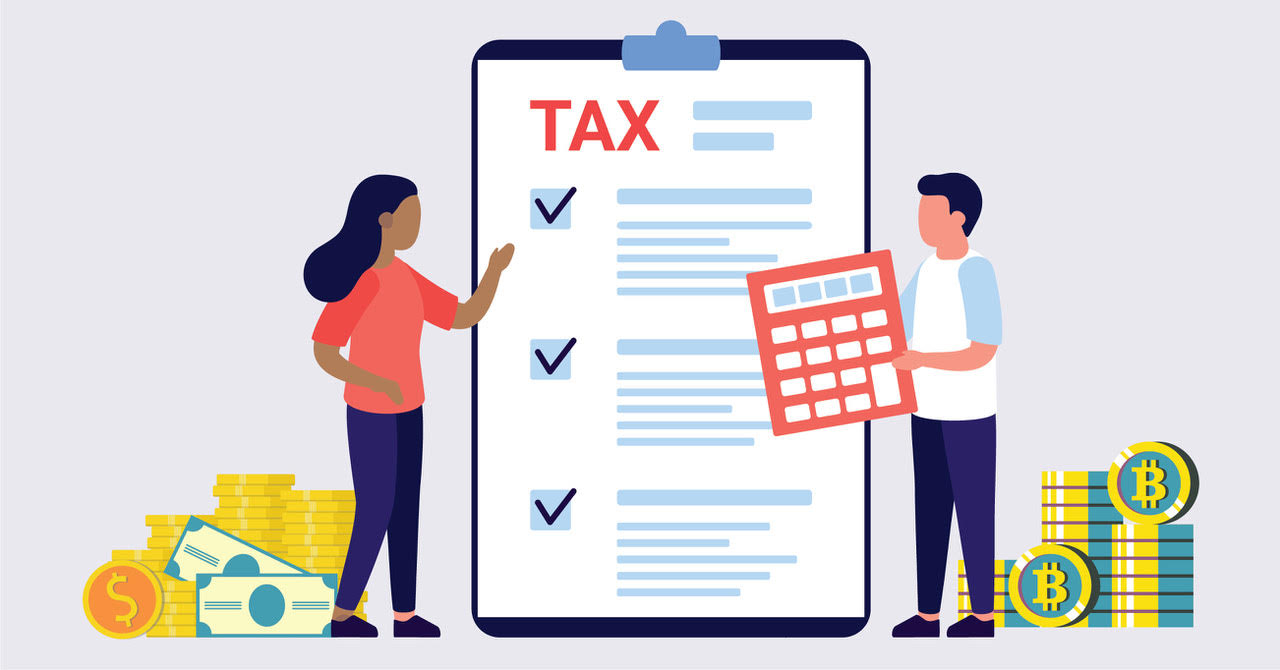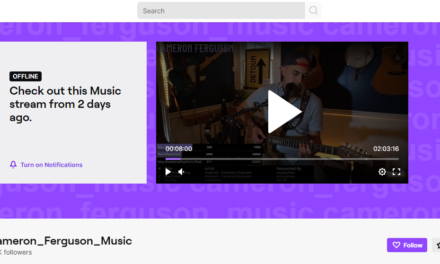I don’t know of any content creator who was excited about the tax side of their business. But yet, it’s a necessity for entrepreneurs.
If you’re in the US, you likely fall into one of two categories: I’ve already filed my 2021 income taxes and am getting ready to pay my first quarter estimated tax payments. Or I’ve got plenty of time to file. The deadline isn’t until April 18 this year.
Either way, we’ve put together some tax-related tips for creators who are growing a content business, from crypto to home offices to quarterly payments. And of course, we’re not tax experts. Consulting with a tax professional is encouraged.
1. Crypto, NFTs, and social tokens
The IRS is interested in cryptocurrencies, NFTs, and social tokens. If you give, receive, sell, or trade them, you should be too.
The #IRS is interested in #cryptocurrencies, #NFTs, and #SocialTokens. Creators who give, receive, sell, or trade them should be too, says @AnnGynn. #TaxTime #CreatorEconomy Share on XHere are a few more salient points from Next Advisor:
- Buying virtual currency with U.S. dollars and keeping it within the exchange where you purchased it or transferring to a personal wallet doesn’t mean you’ll owe taxes at the end of the year.
- Taxpayers who receive virtual currency as payment for goods or services must include the fair market value as of the date received in calculating their gross incomes.
- Professional creators who mint NFTs are treated differently than hobby creators who do. Hobbyists usually pay capital gains taxes on those sales, while professionals would treat it as ordinary income.
Want to learn more? Check out Coinbase’s You May Owe Taxes on Surprising Things in 2022.
Takeaway: Track your activity, particularly the price when received/bought. Expect the IRS to expand its guidance as it learns more about the sector. If you do airdrops or social tokens, pay attention to the news. And consult with a tax professional if any of this applies to you.
2. Payments from brands
You need to disclose any money received for sponsored content, advertising, or other brand deals. If it’s over $600, the company should have sent you a 1099-NEC form to file with your income tax return. But if they didn’t, you still should calculate and report the income.
You also must include any product- or service-related compensation. For example, if you received a “free” trip to Puerto Rico to write a series of travel articles, the value of the trip is considered income and must be reported. If the product or service is worth less than $100, you don’t need to report it.
"Free" products or services valued at over $100 are considered income. Creators must report them, according to @IRSnews. #ContentEntrepreneur Share on XTakeaway: Report all income, including promotional trade compensation, even if you do not receive the tax forms from your clients.
3. Revenue on third-party platforms
Revenue from a social media platform, whether through a share of advertising, compensation for views, or participation in a creator fund, is likely taxable. But in these cases, the social media brand may already have withheld the taxes you might owe.
In 2021, Google, as the parent company of YouTube, began withholding taxes from creators in its YouTube Partners Program. That encompasses royalties from ad views, YouTube Premium, Super Chat, Super Stickers, and channel memberships.
However, TikTok doesn’t withhold taxes when paying its creators. Of course, you still owe taxes on that revenue received and would receive a 1099 form after the year’s conclusion.
Takeaway: Creators who earn money from social media brands should know whether they withhold taxes. If not, you should save a percentage of that revenue to pay your tax bill.
Revenue from third-party platforms like YouTube and TikTok is considered taxable income. #CreatorEconomy #ContentBusiness Share on X4. Business or hobby
Creators who are earning money often are considered self-employed even if you haven’t incorporated as a business. As such, you must pay self-employment and standard income taxes on your revenue. (Be sure to check your state laws as they may differ.)
If you started creating as a hobby and turned it into a side gig or full-fledged business, consider these questions from Tax Slayer to assess your business status in the mind of the IRS:
- Do you keep accurate records?
- Do you intend for it to be profitable and does your time and effort reflect that?
- Do you depend on the income from the activity to survive?
- Do you alter your model to try to make your business more profitable?
- Do you have enough knowledge on the subject to turn it into a business?
- Are your losses a normal part of startup costs or are they due to circumstances you can’t control?
- Have you made a profit doing a similar activity in the past?
- Was this past profit consistent or did it see more activity in some years and less in others?
- Do you expect to make a profit from the activity in the future?
If you answer yes to most, you probably have a business. Still unsure? They offer this advice: “If you made a profit in three of the last five years, the IRS considers your activity for-profit and a business.”
Takeaway: Hobby-related expenses cannot be deducted. Business-related expenses can be.
5. Deductions
We’ve talked about what you owe as a business owner, but you also get to take deductions for your business expenses. Shopify came up with this common business deductions list:
- Workspace
- Marketing
- Website fees
- Professional services
- Banking, insurance
- Workers or contractors
- Products and shipping
- Travel
If your workplace is your home, make sure it fits the IRS’ definition if you plan to deduct workspace-related expenses. The work area must be used only for business activities.
Takeaway: Keep separate accounts for your business and personal expenses for easier tracking of business-related expenses.
About the author
Ann regularly combines words and strategy for B2B, B2C, and nonprofits, continuing to live up to her high school nickname, Editor Ann. An IABC Communicator of the Year and founder of G Force Communication, Ann coaches and trains professionals in all things content. Connect with her on LinkedIn and Twitter.










